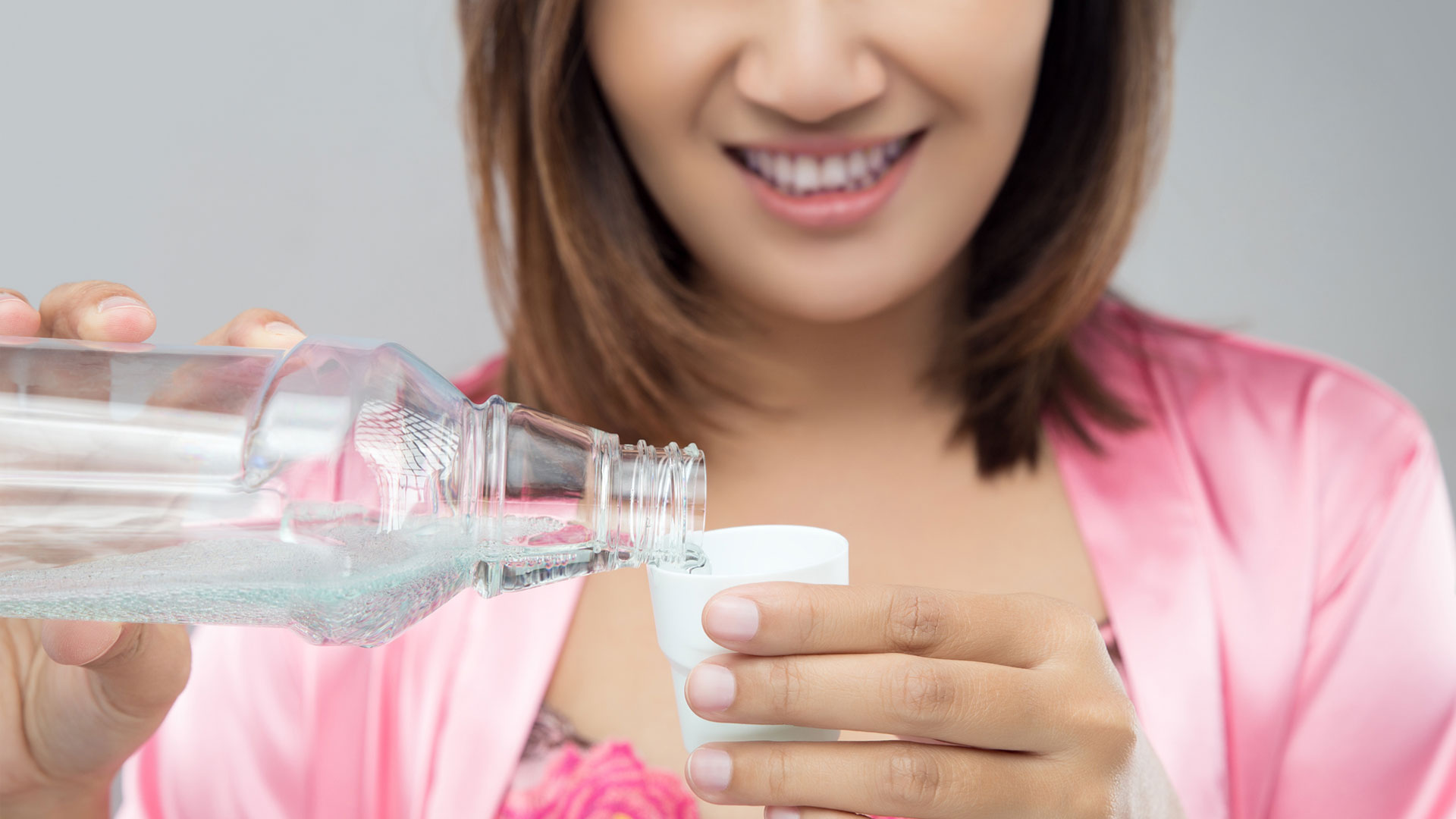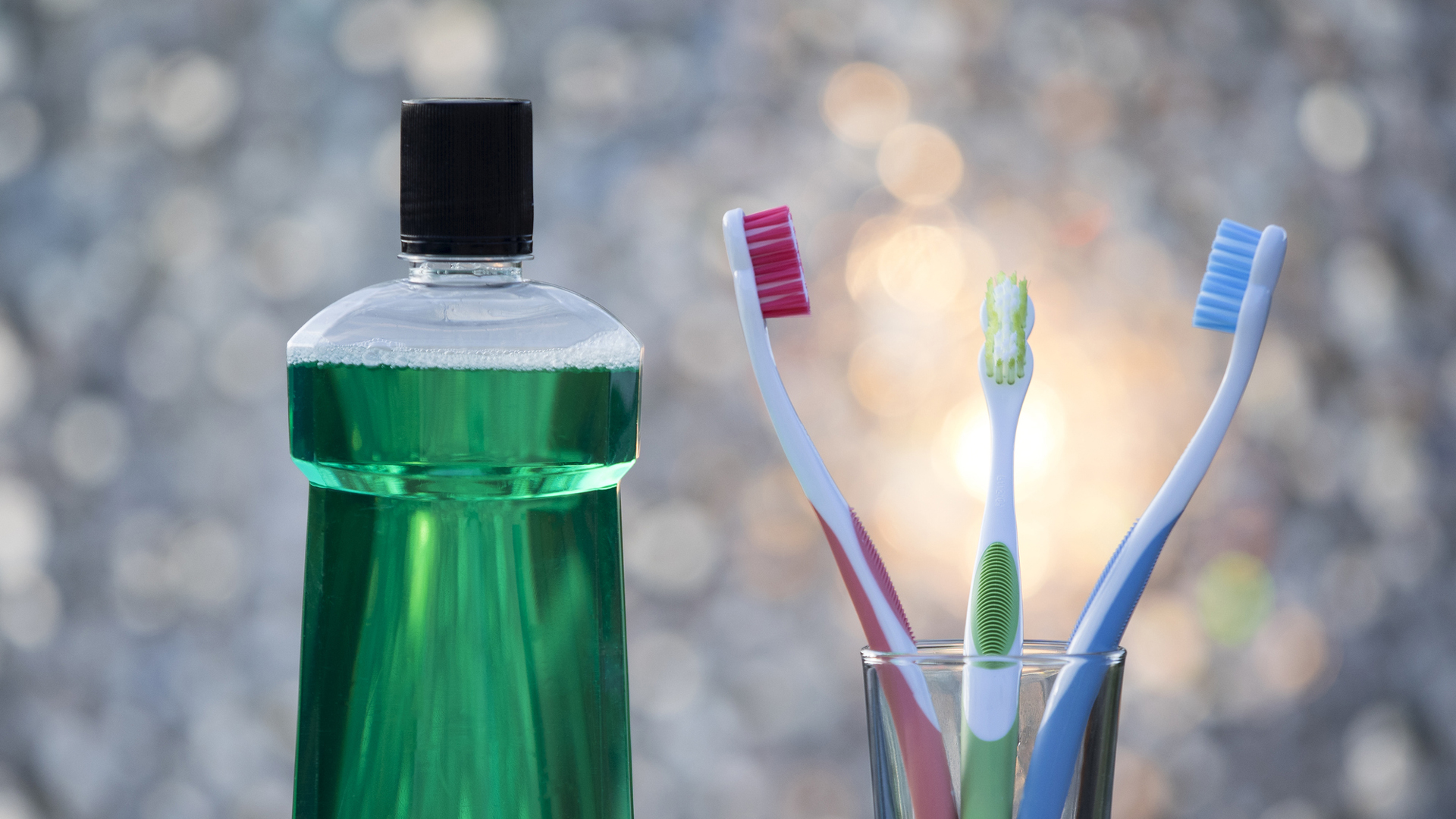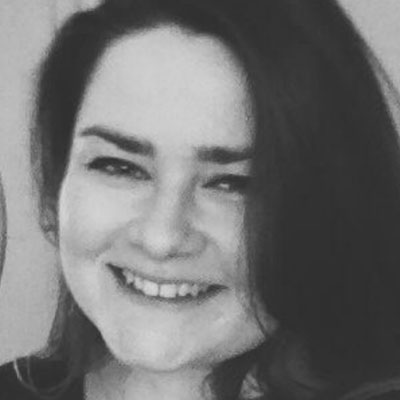Is mouthwash necessary?
Is mouthwash necessary and what is the best way to use it? We’ve asked experts to weigh in on the topic

Get the world’s most fascinating discoveries delivered straight to your inbox.
You are now subscribed
Your newsletter sign-up was successful
Want to add more newsletters?

Delivered Daily
Daily Newsletter
Sign up for the latest discoveries, groundbreaking research and fascinating breakthroughs that impact you and the wider world direct to your inbox.

Once a week
Life's Little Mysteries
Feed your curiosity with an exclusive mystery every week, solved with science and delivered direct to your inbox before it's seen anywhere else.

Once a week
How It Works
Sign up to our free science & technology newsletter for your weekly fix of fascinating articles, quick quizzes, amazing images, and more

Delivered daily
Space.com Newsletter
Breaking space news, the latest updates on rocket launches, skywatching events and more!

Once a month
Watch This Space
Sign up to our monthly entertainment newsletter to keep up with all our coverage of the latest sci-fi and space movies, tv shows, games and books.

Once a week
Night Sky This Week
Discover this week's must-see night sky events, moon phases, and stunning astrophotos. Sign up for our skywatching newsletter and explore the universe with us!
Join the club
Get full access to premium articles, exclusive features and a growing list of member rewards.
Mouthwash is something most of us have at home, but is mouthwash necessary? Where does it fit into your dental care routine and should you use mouthwash before or after brushing your teeth? Getting the most out of your dental hygiene routine is key to maintaining a healthy smile in the long run and making sure you don’t have issues with bad breath. Investing in one of the best electric toothbrushes and knowing how to floss your teeth are among the best ways to protect your teeth and gums, but mouthwash is a product that is often misunderstood.
We’ve asked dentists Dr Inna Chern, Dr Anjali Rajpal and Dr David Rice for their thoughts on mouthwash, how it should fit into your dental healthcare routine, and for their tips on getting the most from your mouthwash.
Is mouthwash necessary: what are the benefits?
Mouthwashes can have different targeted uses depending on their ingredients, but as a general rule, they’re designed to dislodge anything you couldn’t reach when brushing. Dr Chern, who practices in New York City, told Live Science: "Mouthwash helps to remove food debris which can get stuck on teeth and turn into plaque and tartar which both cause bad breath and gingivitis." By using mouthwash, you may be able to decrease your risk of developing gum disease and will be able to keep your teeth looking brighter and free from plaque.
There are certain groups of people who need to be more conscientious about using mouthwash than others. Dr Rajpal, who practices in Beverly Hills, told us this is especially the case for people who have ‘gum pockets’. "I will often incorporate mouthwash into instructions for a patient if they have deeper periodontal or gum pockets which are hard to reach areas with their toothbrush," he said. "These pockets develop from the inflammatory effects of previous bacterial build-up and may take some time to recover. By using an antibacterial rinse, the fluid can access those sites better and help the gums to heal."
Even if you don’t struggle with these hard-to-reach gum pockets, using mouthwash has been found to help people’s breath smell better for longer. Depending on the ingredients in your mouthwash, it may have been explicitly designed to address an oral health concern you’re dealing with. Some medicated mouthwashes are specifically formulated to stave off gum disease, while others are designed to help maintain good oral hygiene for people who wear braces, according to the Nigerian journal of Clinical Practice. It can even be used in a pinch when you can’t brush your teeth after eating, Dr Chern said.
Is mouthwash necessary: how often should you use mouthwash?

As a rule of thumb, you’re going to want to use mouthwash once or twice a day, said Dr Chern. Keeping a bottle of mouthwash in your car or at your desk at work is a good idea, so you’ve always got easy access to an effective way of getting rid of food debris from your mouth without needing a toothbrush, toothpaste and water. Dr Rice advised that it’s also a good idea to make using mouthwash the last thing you do before going to bed.
Mouthwash isn’t always necessary, but it can be helpful for lots of people: "I do not think mouthwash is always necessary if a patient has a great brushing and flossing technique and diet," Dr Rajpal said. "But if a patient has inflammation or bleeding gums, I will suggest a warm salt water rinse after brushing to help reduce the bleeding. If the condition is more intense, I will prescribe them a stronger antibacterial rinse designed to address periodontitis and have them rinse with it a few times a day."
Get the world’s most fascinating discoveries delivered straight to your inbox.
You’ll often find that over-the-counter mouthwashes come with their own instructions, so be sure to follow them carefully. They will generally echo Dr Chern’s advice to use them once or twice daily, but it’s always best to check. Dentists prescribe some mouthwashes and in that case you will want to be sure to follow their instructions to make sure you get the best results from that specific product. If you’re unsure about which mouthwash is the best one for you, or you’d like to know more about how often you should be using mouthwash, have a chat about it with your dentist the next time you see them.
- Related: Are teeth naturally yellow?
Is mouthwash necessary: how to use mouthwash properly
The key to using mouthwash properly is to follow the manufacturer’s instructions. "Rule number one: every mouthwash is different, therefore, they all have their instructions for use," Dr Rice, who practices at the East Amherst Dental Center, NY, told us. As a general rule, Dr Inna Chern tells her patients to follow these steps:
- Take a cap full of mouthwash
- Swish it around the mouth for 30-60 seconds
- Try not to rinse afterward
Dr Rice said making sure you’re using the right mouthwash for your needs is key to getting the most out of the product: "Some over-the-counter mouthwashes are to help with gum health; some are for cavity prevention; some don’t really do much other than give you the feeling of fresh breath. Make sure you consult your dentist, so you know what mouthwash is best for you."

While not rinsing after using mouthwash is recommended to get the most benefit from the product, it’s important not to swallow it. It would be best if you only gave mouthwash to people who are able to use it without swallowing it. For example, providing mouthwash to young children is not advisable.
India Bottomley is a health and beauty writer whose work has been published in the likes of Cosmopolitan, Forbes, and Dazed Magazine. A lifelong skincare aficionado, India has been writing research-led pieces on trending skincare, makeup, and cosmetic procedures since 2016. She takes particular interest in the growing connection between tech and beauty, and has had pieces on the topic published in American Healthcare Journal. When not writing she can be found exploring national parks or at the beach chasing sunsets.
 Live Science Plus
Live Science Plus











